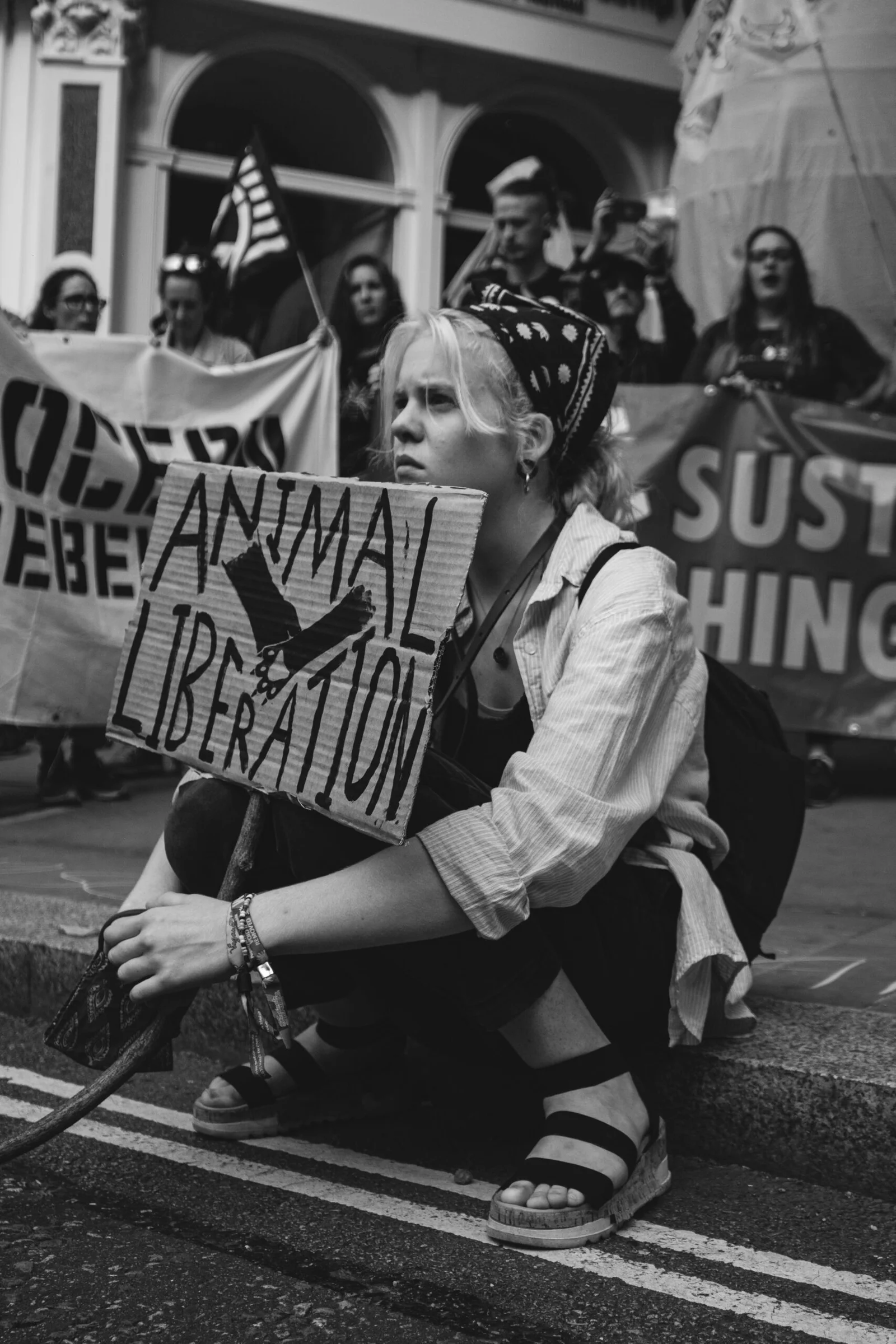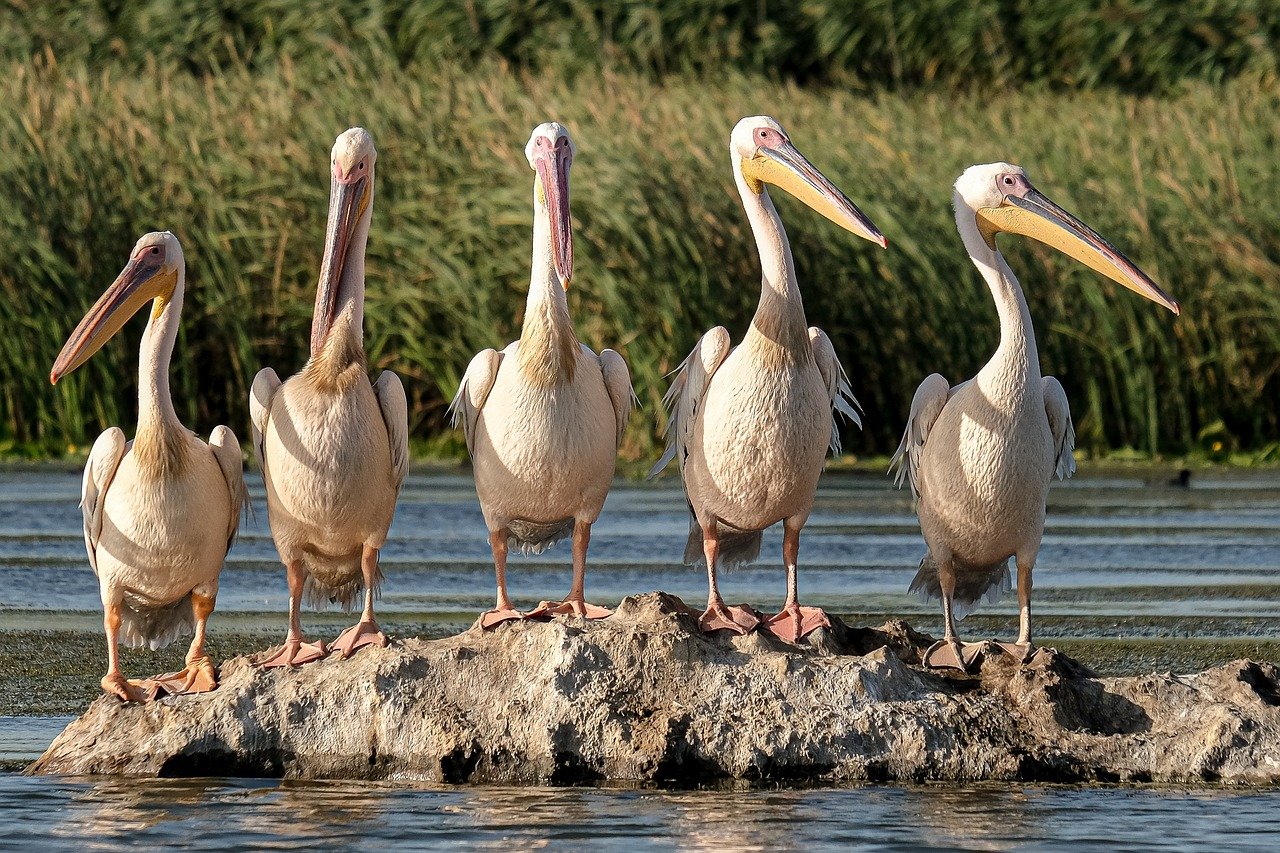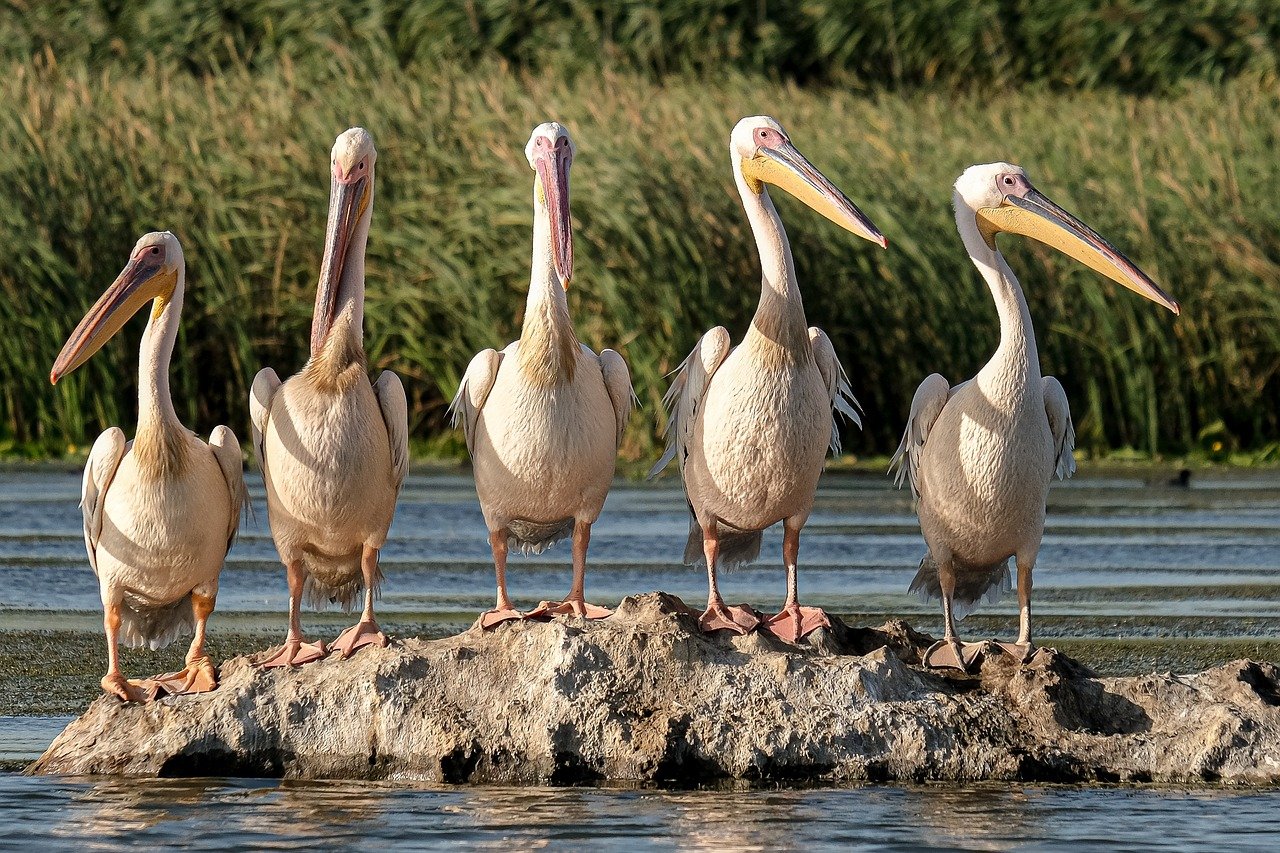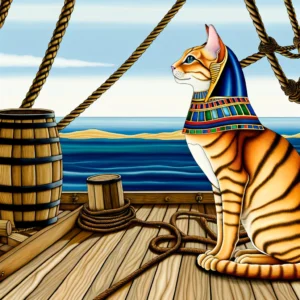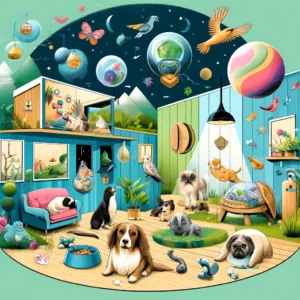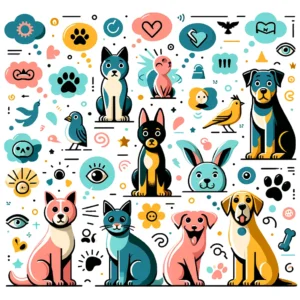The Changing Landscape of Animal Rights in Entertainment
Animal rights and conservation have become increasingly important topics in today’s society. As awareness grows about the impact of human activities on the environment and wildlife, there is a growing concern about the treatment of animals in various industries, including entertainment. In this blog post, we will delve into the world of animal rights in entertainment, exploring the current state of affairs and shedding light on the positive changes that have been made.
Entertainment has always been a significant part of human culture, providing an escape from reality and offering a source of joy and amusement. However, the treatment of animals in the entertainment industry has long been a subject of controversy. From circuses to theme parks, animals have often been exploited for human entertainment, subjected to unnatural living conditions and forced to perform tricks for the amusement of spectators.
Fortunately, in recent years, there has been a shift in public perception and a growing demand for ethical treatment of animals in entertainment. This has led to significant changes in the industry, with many organizations and individuals advocating for the rights and welfare of animals. Laws and regulations have been implemented to protect animals from cruelty and ensure their well-being in entertainment settings.
One area where notable progress has been made is in the use of animals in circuses. Traditionally, circuses have been notorious for their mistreatment of animals, with reports of animals being beaten, confined in small cages, and forced to perform against their will. However, public awareness campaigns and pressure from animal rights organizations have led to a decline in the use of animals in circuses. Many countries have banned or restricted the use of wild animals in circuses, recognizing the inherent cruelty and exploitation involved.
Theme parks and marine parks have also come under scrutiny for their treatment of animals. The practice of keeping marine mammals, such as dolphins and whales, in captivity for entertainment purposes has received significant backlash. Documentaries like “Blackfish” have shed light on the physical and psychological toll that captivity takes on these intelligent creatures. As a result, there has been a growing movement to end the use of animals in marine parks and instead focus on education and conservation efforts.
Furthermore, advancements in technology have provided alternative forms of entertainment that do not rely on the exploitation of animals. Virtual reality experiences, for example, allow people to immerse themselves in interactive and educational environments without the need for live animals. This shift towards more humane forms of entertainment reflects a broader change in societal attitudes towards animals and the recognition of their inherent value and rights.
In conclusion, the issue of animal rights in entertainment is an important and evolving topic. While there is still work to be done, significant progress has been made in recent years towards ensuring the ethical treatment of animals in the entertainment industry. The shift in public perception and the implementation of laws and regulations have contributed to positive changes, leading to a more compassionate and responsible approach to animal welfare in entertainment. By continuing to raise awareness and advocate for change, we can strive towards a future where animals are no longer exploited for human amusement.
Furthermore, the use of animals in entertainment raises broader questions about our relationship with the natural world and the role we play as stewards of the planet. When we exploit animals for our own amusement, we are perpetuating a mindset that views animals as mere objects for our entertainment, rather than sentient beings with their own rights and needs.
One of the main issues with the use of animals in entertainment is the way they are obtained and trained. Many wild animals are captured from their natural habitats, often through cruel and inhumane means, and then subjected to rigorous training regimes to perform tricks and stunts that are completely unnatural to them. This process not only causes immense stress and suffering for the animals, but it also disrupts their social structures and natural behaviors.
Even in cases where animals are bred in captivity for entertainment purposes, there are still serious concerns about their welfare. Captive breeding programs often prioritize traits that are desirable for entertainment purposes, such as size, color, or behavior, over the overall health and well-being of the animals. This can lead to a range of physical and psychological issues for the animals, including genetic disorders, chronic stress, and abnormal behaviors.
Moreover, the living conditions for animals in entertainment settings are often far from ideal. Many animals are confined to small enclosures or cages, with limited space to move around and engage in natural behaviors. They may be deprived of proper social interaction, mental stimulation, and opportunities for exercise. These conditions can have severe detrimental effects on the physical and mental health of the animals, leading to a reduced lifespan and a lower quality of life.
It is also important to consider the message that the use of animals in entertainment sends to society. By normalizing the exploitation of animals for our own entertainment, we are perpetuating a culture that values their use and abuse. This can have far-reaching consequences, as it reinforces the idea that animals exist solely for our pleasure and amusement, rather than as fellow inhabitants of the Earth with their own intrinsic value.
In recent years, there has been a growing awareness and concern about the use of animals in entertainment. Animal rights organizations and activists have been advocating for stricter regulations and even outright bans on the use of wild animals in circuses and other forms of entertainment. Some countries have already implemented such measures, recognizing the ethical and welfare concerns associated with these practices.
Ultimately, the use of animals in entertainment is a complex issue that requires careful consideration of the ethical, welfare, and conservation implications. While it may be tempting to dismiss these concerns in favor of our own entertainment, it is important to remember that our actions have consequences, not only for the animals involved but also for the future of our planet and the well-being of all its inhabitants.
Furthermore, the dark side of entertainment extends beyond the mistreatment of animals. The entertainment industry has long been plagued by issues of exploitation, harassment, and abuse of human performers. In an industry that thrives on glitz and glamour, there is often a hidden underbelly of power imbalances and unethical practices.
One of the most concerning aspects of the entertainment industry is the exploitation of young performers. Many child actors and musicians are thrust into the spotlight at a young age, often without proper guidance or protection. They are expected to navigate a cutthroat industry that is known for its exploitation of vulnerable individuals. From long hours on set to pressure to maintain a certain image, these young performers often face physical and emotional challenges that can have long-lasting effects on their well-being.
Moreover, the entertainment industry has been marred by countless cases of harassment and abuse. From the #MeToo movement to the recent revelations about abuse in the music industry, it is clear that the dark side of entertainment extends far beyond the stage or screen. The power dynamics within the industry often enable those in positions of authority to exploit and manipulate their subordinates. This creates a toxic work environment where individuals are afraid to speak out for fear of retaliation.
Additionally, the entertainment industry has a long history of perpetuating harmful stereotypes and promoting unhealthy beauty standards. From the lack of diversity in casting to the pressure to conform to unrealistic body ideals, the industry often sends damaging messages to its audience. This not only affects the mental health and self-esteem of performers, but also contributes to a culture that values superficiality over substance.
It is important to shine a light on the dark side of entertainment and hold the industry accountable for its actions. By raising awareness and demanding change, we can work towards creating a more ethical and inclusive entertainment industry that prioritizes the well-being of both human and animal performers.
Another positive change in the entertainment industry is the increased representation and inclusion of marginalized communities. In recent years, there has been a growing demand for more diverse and inclusive content, both on screen and behind the scenes.
Hollywood, for example, has been under scrutiny for its lack of representation and whitewashing of characters. However, there has been a noticeable shift towards more diverse casting choices and storytelling. Films like “Black Panther” and “Crazy Rich Asians” have not only been box office successes but have also shattered stereotypes and provided much-needed representation for underrepresented communities.
Similarly, the television industry has made strides in representing diverse voices and experiences. Shows like “Pose,” which features the largest cast of transgender actors in series regular roles, and “One Day at a Time,” which centers around a Cuban-American family, have been praised for their authentic and inclusive storytelling.
Behind the scenes, there has also been a push for diversity and inclusion in the entertainment industry. More production companies and studios are actively seeking out and supporting filmmakers and creators from marginalized backgrounds. This has resulted in a wider range of perspectives and stories being told, ultimately enriching the entertainment landscape.
Furthermore, social media and streaming platforms have provided a platform for independent creators to showcase their work and reach a wider audience. This has allowed for a greater variety of voices and stories to be heard, breaking down the barriers of traditional media gatekeepers.
In conclusion, while the entertainment industry has faced criticism for its treatment of animals and lack of representation, there have been positive changes in recent years. The phasing out of wild animal performances, the use of CGI and animatronics, and the shift towards conservation and education in theme parks and aquariums are all steps in the right direction. Additionally, the increased representation and inclusion of marginalized communities both on and off-screen has brought about a more diverse and inclusive entertainment landscape. These positive changes reflect the evolving values and demands of society, as well as the industry’s recognition of the need for change.
One of the ways animal rights activists have been instrumental in bringing about change is through their efforts to raise awareness about the mistreatment of animals in the entertainment industry. They have utilized various platforms, including social media, documentaries, and public demonstrations, to shed light on the cruelty that occurs behind the scenes. By exposing these practices, they have been able to capture the attention of the public and generate widespread support for their cause.
In addition to raising awareness, animal rights activists have also been successful in putting pressure on companies to change their practices. Through protests, boycotts, and public campaigns, they have made it clear that the mistreatment of animals will not be tolerated. As a result, companies have been forced to reevaluate their policies and make significant changes to ensure the ethical treatment of animals.
One organization that has been particularly influential in the fight for animal rights in entertainment is PETA (People for the Ethical Treatment of Animals). PETA has been at the forefront of exposing the cruelty behind the scenes and calling for boycotts of companies that continue to exploit animals for profit. They have used their platform to educate the public about the suffering endured by animals in various forms of entertainment, including circuses, zoos, and marine parks.
Furthermore, animal rights activists have recognized the importance of working with lawmakers to enact change. By collaborating with legislators, they have been able to introduce and advocate for legislation that protects animals in the entertainment industry. This has resulted in the implementation of stricter regulations and the banning of certain practices that are deemed inhumane. For example, the use of wild animals in circuses has been banned in many countries due to the efforts of animal rights activists.
Overall, the role of animal rights activists in the entertainment industry cannot be overstated. Their dedication, advocacy work, and collaborations with lawmakers have been instrumental in bringing about positive changes and ensuring the ethical treatment of animals. However, there is still much work to be done, and animal rights activists continue to fight for the rights and well-being of animals in all aspects of entertainment.
